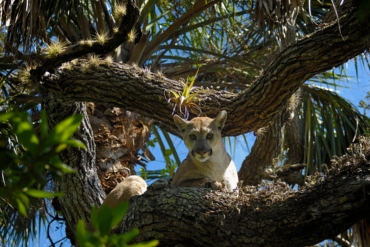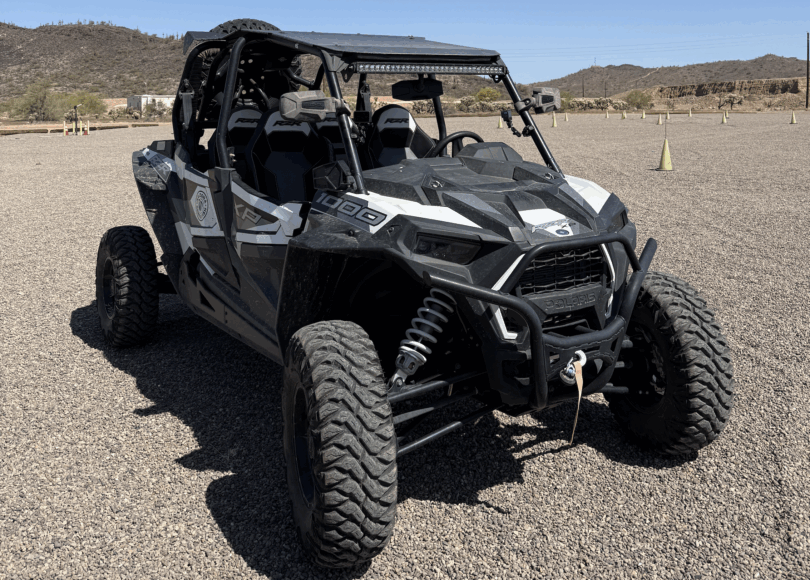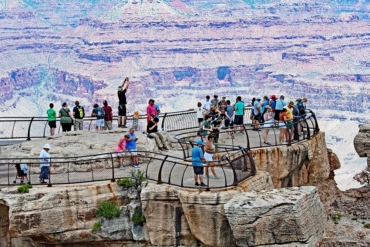More than 150 eagles were killed by NextEra, a subsidiary of one of the largest U.S. renewable energy providers.
Wind energy offers numerous positive resources and results. It’s cost-effective, and the industry creates jobs. Wind is also a clean source of sustainable energy, and wind turbines can be built on existing land, farms, or ranches.
However, wind turbines are killing eagles.
NextEra Energy subsidiary, ESI Energy, was fined $8 million and sentenced to 5 years’ probation after being charged with three counts of violating the Migratory Bird Treaty Act. The act states it’s illegal to kill or harm eagles.
The charges arose from the deaths of nine eagles at three wind farms in Wyoming and New Mexico.
In addition to those nine deaths, the company acknowledged the deaths of golden and bald eagles at 50 wind farms affiliated with ESI and NextEra since 2012, prosecutors said. Turbines killed birds in Wyoming, California, New Mexico, North Dakota, Colorado, Michigan, Arizona, and Illinois.
NextEra has more than 100 wind farms in the U.S. and Canada. It also generates natural gas, nuclear, and solar power.
NextEra Ignores Permits, Guidelines for Incidental Take

According to prosecutors, blades of wind turbines struck most of the eagles killed at the NextEra subsidiary’s facilities.
Some turbines killed multiple eagles, but the number killed was likely higher than the 150 birds cited because people don’t always find all the carcasses. One way to avoid this would be to turn off the turbines at peak eagle flight times.

Court documents proved that ESI Energy representatives, including ESI’s president, knew about the risk of death to eagles if the company built two wind farms in central and southeastern Wyoming. And they were fully aware of the dangers to the birds when they authorized the repowering of a New Mexico wind farm.
Yet, the company proceeded anyway. They went as far as to ignore advice from federal wildlife officials about how to minimize the deaths.
While NextEra President Rebecca Kujawa said the company is committed to reducing damage to wildlife from its projects in the future, she did not offer an apology.
“We disagree with the government’s underlying enforcement activity,” said Kujawa. “Building any structure, driving any vehicle, or flying any airplane carries with it a possibility that accidental eagle and other bird collisions may occur.”
Further, she believes collisions of birds with wind turbines are unavoidable accidents that should not be a criminal act.
But programs do exist to prevent companies from prosecution. Permits for incidental take are granted through application, and companies can work with fish and wildlife services to prevent deaths.
Wildlife mortality via wind turbines goes further than eagles. It’s estimated that 600,000-949,000 bats and 140,000-679,000 birds are killed by turbines each year.








